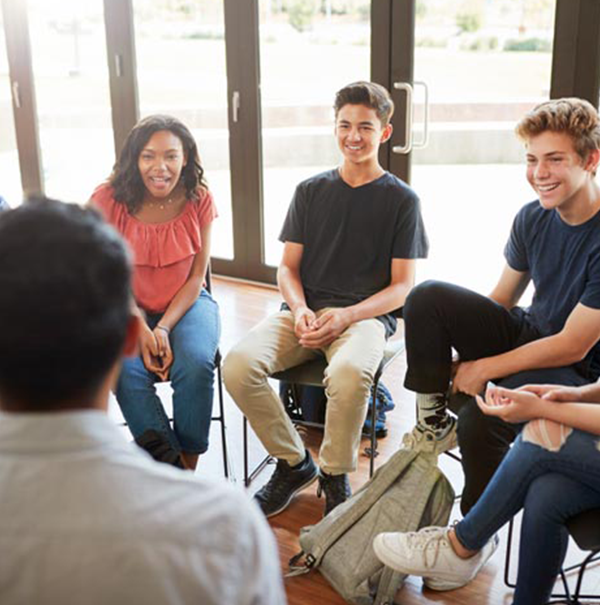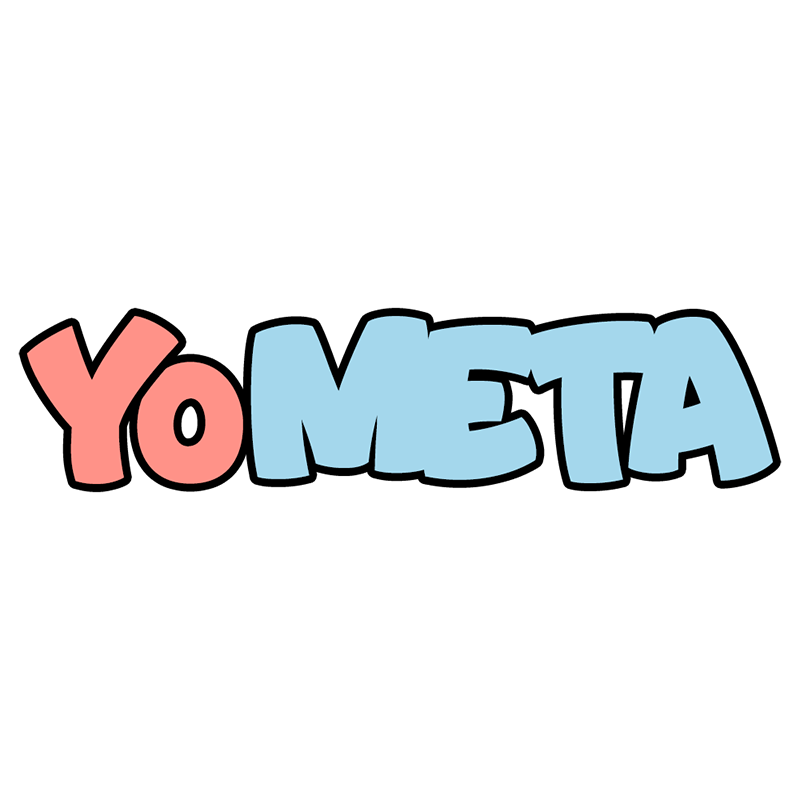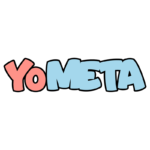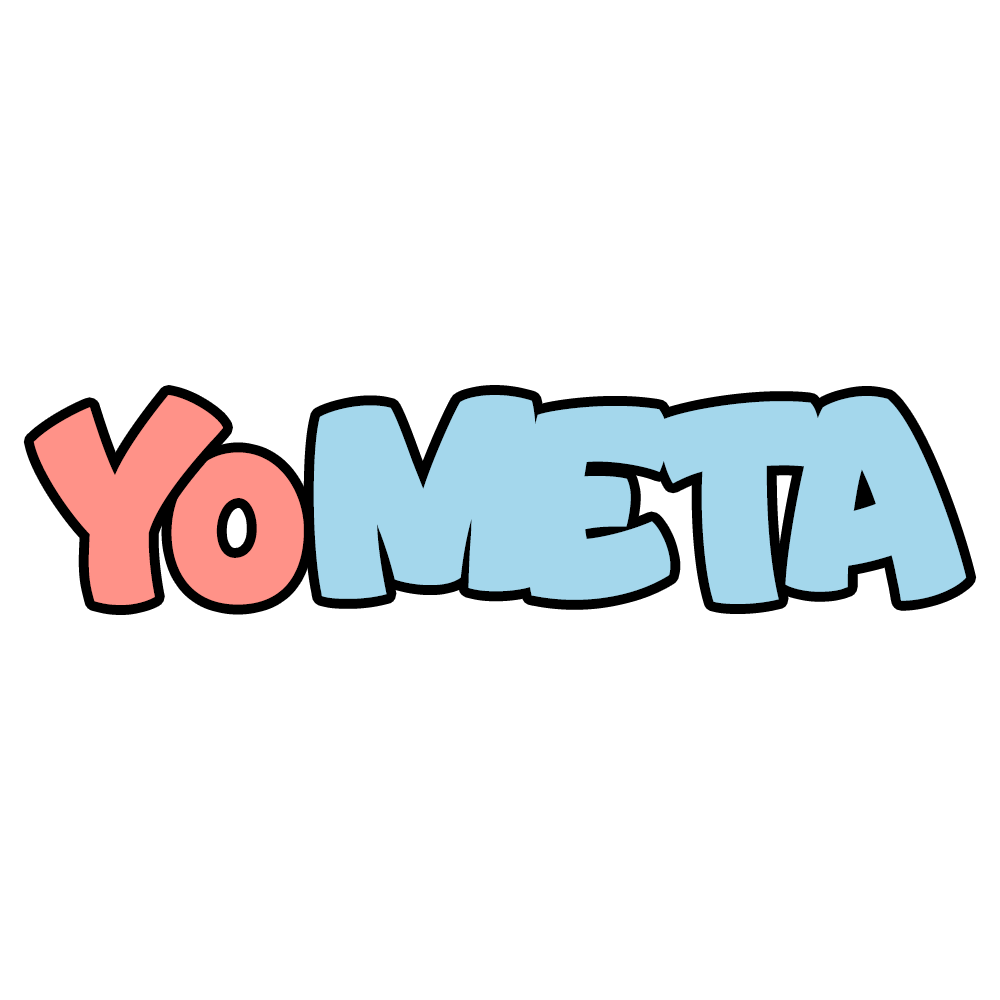YOMETA – YOUTH METACOGNITIVE THERAPY
study name
Youth Metacognitive Therapy (YoMeta)
YoMeta is an NIHR research funded study (NIHR201495) looking at group metacognitive therapy (MCT) for children and young people (CYP) with anxiety and or depression.
Study Participants
- Children or young people (aged 11-16)
- Seeking treatment for anxiety, stress, depression, or a combination of these common mental health disorders.
Study Design
- YoMeta is a parallel single blind randomised feasibility study with two conditions: group-MCT vs. treatment as usual (TAU).
- We plan to recruit 100 participants .
- They will be randomised (like flipping a coin) to one of two groups: group MCT or TAU.
- All participants will complete questionnaires at baseline, 4 month follow up (post treatment), 8 month follow up and 11 month follow up.
- A qualitative study will explore participants’ experience of group MCT and therapist views of MCT and being trained in MCT.
YOMETA Info
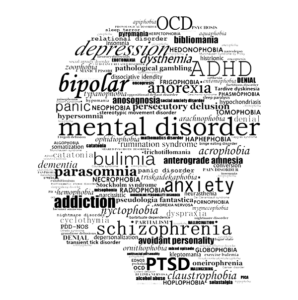
- 1 in 6 CYP suffer mental health problems needing support or treatment, with 1 in 20 suffering more than one mental health problem.
- Emotional disorders, which include anxiety, depression and stress disorders are the most common type of mental health problem with 1 in 12 CYP experiencing them.
- Experiencing a mental health problem can impact progress at school, relationships with others and increase the risk of long-term mental health problems.
- The UK Government and NHS have recognised and highlighted the importance of improving children and young people’s mental health.
- We aim to see if participating in a randomized trial of group metacognitive therapy is a feasible and acceptable treatment for children and young people experiencing stress, anxiety or depression or a combination of these conditions in comparison to usual care.
- We first need to answer the question can this study design work/what do patients think of the treatment in this setting before conducting a future study to test how much more effective one treatment is over the other.
- Results of this study will allow the research team to answer key questions about whether running a definitive trial is an acceptable, feasible and effective option.
- We are looking for people to advise the research team on this project by providing feedback on plans, approach, and language. For more information, please CLICK HERE
- Metacognitive Therapy is an effective, evidence-based talking therapy.
- It will consist of 8 sessions of 90 minutes delivered weekly in small groups.
- Sessions will focus on regulating the thinking patterns and behaviours (e.g., worrying, rumination) that keep anxiety and depression going.
- Treatment as usual will vary but patients will usually receive up to 12, 1 hour, sessions of cognitive behavioural therapies or family therapies delivered one to one or as a group depending on CAMHS site.
- Participants in the YoMeta study will be randomly allocated (like flipping a coin) to receive either Group-MCT or usual treatment from CAMHS.
Participants Recruited
- The trial is happening across three CAMHS (Child and Adolescent Mental Health Service) sites in Greater Manchester: North, South, and Central.
- Recruitment for the trial began on 3rd May 2022 across all three sites and the teams successfully recruited the first participant to the trial on 23rd May 2022.
- Please note, recruitment and referral to the trial is managed through our CAMHS sites, we cannot accept any direct applications or referrals to participate in the trial. If you are interested, please speak to your CAMHS clinician.
- Patients and the public play a key role in ensuring research is accessible, meets patient’s needs, and provides direct benefit to patients.
- We are currently looking for members of the public who would be interested in being involved in a patient and public involvement group for the YoMeta study.
- We are looking for a range of service users to join our PPI group which include: 1) Children and young people with and without lived experience of mental health issues, 2) Young carers, 3) Adults with and without lived experience of mental health issues, 4) Parents of individuals with mental health issues, 5) Teachers, 6) Healthcare professionals.
- If you are interested in being a part of our PPI group or would like further information, please contact Beth Cooper: bethanygrace.cooper@gmmh.nhs.uk
- To hear what our service users have to say about being a PPI member please click here.
- To find out what young people think of Group-MCT, some of the young people that take part in YoMeta and receive MCT will be invited for an interview. These interviews are an optional, additional part to the YoMeta trial and participation is voluntary.
- The interviews will ask about the young person’s experiences of Group – MCT such as if there were any parts of the therapy that were easy or difficult and what could be changed. There are no right or wrong answers, this is a great opportunity for participants to tell us what they think.
- Interviews will take between 30 and 60 minutes and will be audio recorded with a written record (also known as a transcript) made so that we can accurately represent what was said in the interview. The records will be anonymous and confidential, any identifying information such as names, dates or places will be removed.
- These interviews are important to help us understand if the Group-MCT is useful for helping young people with anxiety and depression. These interviews can also help shape the therapy for the future and let us know about how we can change. People that take part in interviews often find discussing their experiences beneficial.
- Recruitment to the interviews will be managed by the research team and those that take part in an interview will be compensated for their time. If you have been contacted about taking part in an interview and have any questions, please get in touch HERE.
- To find out more, please watch this short video.
- Background
-

- 1 in 6 CYP suffer mental health problems needing support or treatment, with 1 in 20 suffering more than one mental health problem.
- Emotional disorders, which include anxiety, depression and stress disorders are the most common type of mental health problem with 1 in 12 CYP experiencing them.
- Experiencing a mental health problem can impact progress at school, relationships with others and increase the risk of long-term mental health problems.
- The UK Government and NHS have recognised and highlighted the importance of improving children and young people’s mental health.
- Study Aims
-
- We aim to see if participating in a randomized trial of group metacognitive therapy is a feasible and acceptable treatment for children and young people experiencing stress, anxiety or depression or a combination of these conditions in comparison to usual care.
- We first need to answer the question can this study design work/what do patients think of the treatment in this setting before conducting a future study to test how much more effective one treatment is over the other.
- Results of this study will allow the research team to answer key questions about whether running a definitive trial is an acceptable, feasible and effective option.
- We are looking for people to advise the research team on this project by providing feedback on plans, approach, and language. For more information, please CLICK HERE
- Treatment
-
- Metacognitive Therapy is an effective, evidence-based talking therapy.
- It will consist of 8 sessions of 90 minutes delivered weekly in small groups.
- Sessions will focus on regulating the thinking patterns and behaviours (e.g., worrying, rumination) that keep anxiety and depression going.
- Treatment as usual will vary but patients will usually receive up to 12, 1 hour, sessions of cognitive behavioural therapies or family therapies delivered one to one or as a group depending on CAMHS site.
- Participants in the YoMeta study will be randomly allocated (like flipping a coin) to receive either Group-MCT or usual treatment from CAMHS.
- Progress
-
Participants Recruited
- The trial is happening across three CAMHS (Child and Adolescent Mental Health Service) sites in Greater Manchester: North, South, and Central.
- Recruitment for the trial began on 3rd May 2022 across all three sites and the teams successfully recruited the first participant to the trial on 23rd May 2022.
- Please note, recruitment and referral to the trial is managed through our CAMHS sites, we cannot accept any direct applications or referrals to participate in the trial. If you are interested, please speak to your CAMHS clinician.
- PPI
-
- Patients and the public play a key role in ensuring research is accessible, meets patient’s needs, and provides direct benefit to patients.
- We are currently looking for members of the public who would be interested in being involved in a patient and public involvement group for the YoMeta study.
- We are looking for a range of service users to join our PPI group which include: 1) Children and young people with and without lived experience of mental health issues, 2) Young carers, 3) Adults with and without lived experience of mental health issues, 4) Parents of individuals with mental health issues, 5) Teachers, 6) Healthcare professionals.
- If you are interested in being a part of our PPI group or would like further information, please contact Beth Cooper: bethanygrace.cooper@gmmh.nhs.uk
- To hear what our service users have to say about being a PPI member please click here.
- Interviews
-
- To find out what young people think of Group-MCT, some of the young people that take part in YoMeta and receive MCT will be invited for an interview. These interviews are an optional, additional part to the YoMeta trial and participation is voluntary.
- The interviews will ask about the young person’s experiences of Group – MCT such as if there were any parts of the therapy that were easy or difficult and what could be changed. There are no right or wrong answers, this is a great opportunity for participants to tell us what they think.
- Interviews will take between 30 and 60 minutes and will be audio recorded with a written record (also known as a transcript) made so that we can accurately represent what was said in the interview. The records will be anonymous and confidential, any identifying information such as names, dates or places will be removed.
- These interviews are important to help us understand if the Group-MCT is useful for helping young people with anxiety and depression. These interviews can also help shape the therapy for the future and let us know about how we can change. People that take part in interviews often find discussing their experiences beneficial.
- Recruitment to the interviews will be managed by the research team and those that take part in an interview will be compensated for their time. If you have been contacted about taking part in an interview and have any questions, please get in touch HERE.
- To find out more, please watch this short video.
Project Timeline

Stage 1
(Months 1-6) commenced in October 2021 Study Initiation = therapist training, ethical approval, adapting group MCT protocol for CYP.

Stage 2
(Months 5-26) commenced in May 2022 Participant recruitment (12 months), intervention delivery (12 months); collection of end of treatment & follow-up data (18 months)

Stage 3
(Months 27-32) due to start in June 2024 Data cleaning & analyses

Stage 4
(Months 31-36) commences May/July 2024 Report writing & dissemination.
FAQs
